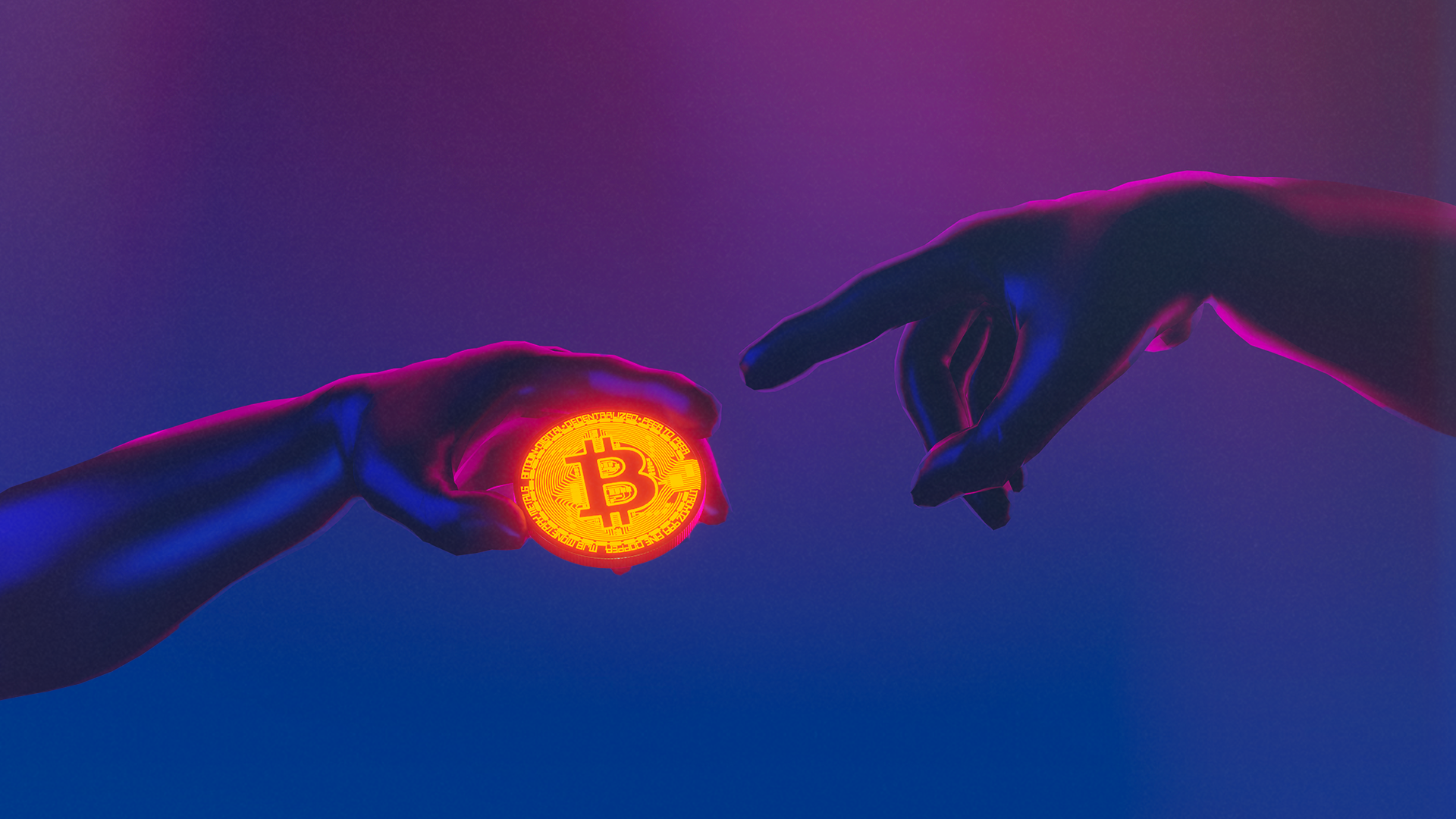Interesting facts about Bitcoin - and why its price isn't so important
ATH BITCOIN (BTC) BLOCKCHAIN HODL (Hold On for Dear Life) KRIPTOVALUTA SATOSHI NAKAMOTO30-Jun-2022

TOP bejegyzések

Wexo Points: Find places where you can pay with Bitcoin (App Up...
Search nearby businesses that accept Bitcoin payments
BővebbenBitcoin was never devised as a means to get rich quick, nor as an investment asset. Although many would like to see the value of bitcoin above USD 100,000 today, the fundamental idea of bitcoin is freedom and silent revolution.
At a time when the world is fighting inflation and markets are trembling in the bear market, we should remember that bitcoin's uniqueness, interest, and core features make it a value that catches the world's attention.
Key innovation
Bitcoin is considered one of the most important innovations since the Internet came online. The power of blockchain, a kind of decentralized public ledger free from central authority, is already widely recognized and often said to be behind the revolution in all sectors.
View video: New to Blockchain? Check out this short video and we'll fill you in
We don't know who created Bitcoin
Bitcoin's father is Satoshi Nakamoto. Despite the name, he's not actually Japanese. It's a pseudonym, so the true identity remains unknown. Was it one person or a group? We're in the dark. Satoshi had described the bitcoin protocol back in 2008, but suddenly left the community in 2011.
Read also: Who's behind blockchain tech? Search with us - who is Satoshi Nakamoto?
Bitcoin's rarity is comparable to gold
Bitcoin is often referred to as digital gold. It's the first widespread cryptocurrency to have gold-like economic characteristics, which is also a decentralized analogue currency because no one issues it centrally. Bitcoin's price is determined purely by the market, but unlike gold, bitcoins are intangible. Yet as in the case of gold, bitcoin's limited amount is predetermined.
Bitcoin is mined - by miners
The entire bitcoin network is controlled by an advanced mathematical algorithm. How it works was described by the aforementioned Satoshi Nakamoto. The entire protocol and whitepaper (cryptocurrency birth certificate) is public and can be verified by anyone. Satoshi ingeniously utilised cryptography, knowledge of economics and computer science. Then, based on the Proof-of-Work consensus, bitcoins could gradually be released into circulation. Miners that confirm bitcoin transactions based on algorithm calculations receive these new "mined" bitcoins as a reward. And of course, these miners don't use muscle power but rather hardware with super-strong computer power.
Bitcoins are limited in number
Bitcoin is a deflationary currency. This is because its number is predetermined and limited. At the birth of bitcoin, Satoshi Nakamoto determined that the maximum number of bitcoins was 21 million. And nobody and no authority can change that. The gradual release of bitcoins into circulation will end around the year 2140, when the last bitcoin will be mined.
No one controls Bitcoin or can stop it
Bitcoin is based on a decentralized blockchain network. It has many advantages. A key feature is decentralization. So its functioning cannot be manipulated or controlled by any central authority, such as a bank or government.
Bitcoin is borderless
Bitcoin - the first decentralized cryptocurrency - knows no borders. It does not recognise nor conform to nationality, race, origin, or gender...it's simply a free currency. Anyone can send bitcoin transactions, it's as easy as sending an email. And to do so, you don't need a bank account or other traditional instruments. Hence bitcoin's popularity in developing countries that suffer from weak banking infrastructure.
World renowned
Bitcoin has gained importance around the world. Cryptocurrency payments are accepted by the largest retail chains as well as smaller outlets. Now you can use bitcoin to buy almost anything. A big step forward for bitcoin was being accepted by El Salvador as the official state currency - the first country to do so. It's also played a role in Ukraine, allowing people to send various gifts and contributions in cryptocurrencies. Several countries and cities now allow tax payments in cryptocurrencies, and banks and governments are already intensively discussing using blockchain. Gone are the days when bitcoin was merely a tool for geeks and enthusiasts.
Bitcoin has been around for over a decade
Despite current claims that "Bitcoin is dead", it's still alive and kicking for over a decade. Momentum. Borderless. Universally available. It gives control over monetary policy back to the people along with freedom to decouple from the current financial system. Which also adds to bitcoin's value. And that's something to remember during this volatile bear market period.


